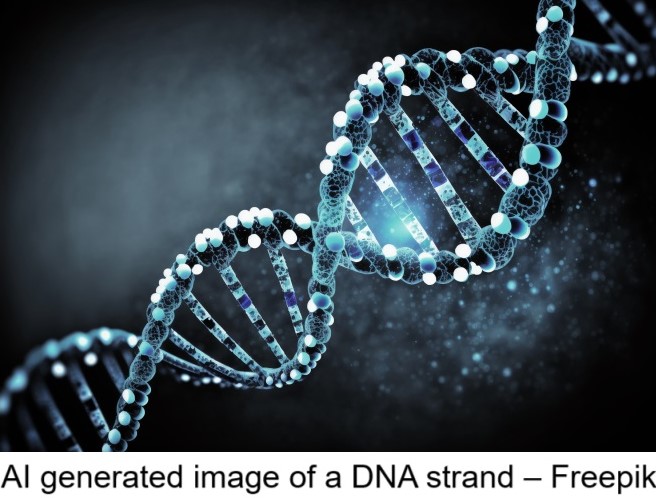The genetic mutation that results in biological evolution cannot logically be erratic, because the very nature of natural selection is to make mutants adaptive.

Prof. Mumblebard claims: “Mutations alter genes haphazardly because they are errors. Those mutations that happen by sheer chance to be beneficial will persist as a result of natural selection. It would be unscientific to suggest that the organism can exert any influence on the quality of mutation beyond what is generated randomly. Instead, it is this very randomness that provides a sound scientific principle for the theory of evolution.”
Robin and the Honey Badger respond: “Natural selection should be assumed to affect all features and processes of organisms, including mutational processes. Consequently, selective pressure should have produced a directed, efficient system of mutation, as opposed to a random and inefficient one. Random mutation – which results in predominantly deleterious mutations – should be disfavoured by natural selection just like any other inefficient process. The existence of many enzymes for correcting mutations shows that organisms control which mutations are ultimately expressed. But selective pressure on the process of mutation should go beyond what is expressed, ensuring that organisms control not only the correction of mutations but also the generation of the mutations in the first place. This would result in the minimising of mutational errors, the maximising of correction of such errors before they are expressed, and the maximising of beneficial mutations at source.”

Please join us here at the Bio-edge with your own comments. In the discussion below we encourage links to any evidence supporting either Prof. Mumblebard or Robin and the Honey Badger. Illustrations are welcome but please cite all sources or we may be forced under copyright to delete your comment.
Random mutation is antithetical to natural selection

